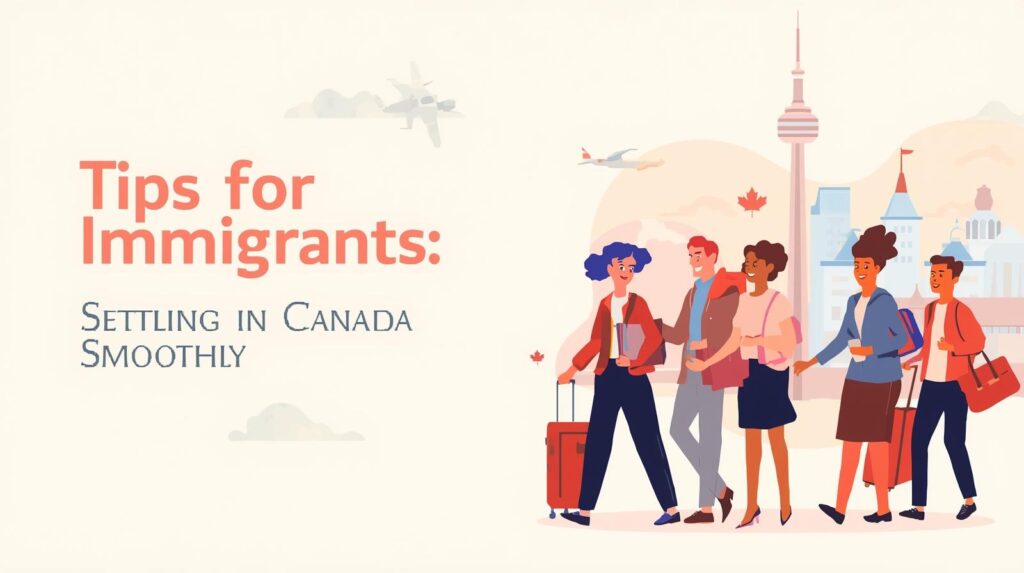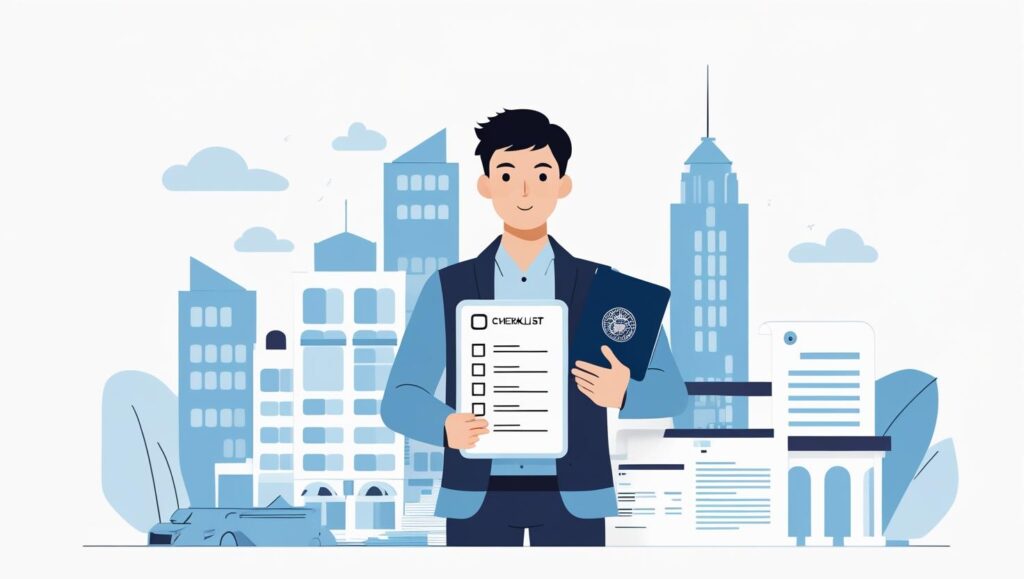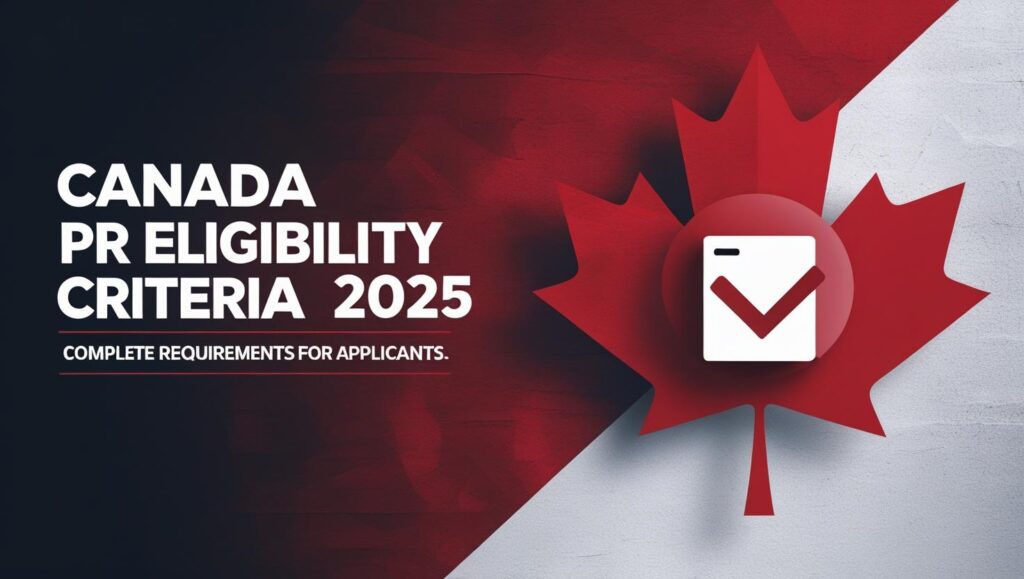Moving to a new country is exciting — but it can also feel overwhelming. If you’re planning to start a new life in Canada, you’re not alone. Thousands of newcomers arrive every year, full of hope and ambition. But the truth is… the first few months can make or break your settlement journey.
The good news? With the right plan, you can avoid common mistakes, save time, and settle smoothly. This guide breaks down every essential step — from finding housing to healthcare, jobs, and community support — all in clear, simple language.
👉 This isn’t just another government page. It’s a practical, real-world guide written for newcomers like you.
Read Also: What is the Best Place to Live and Work in Canada?
Why Settling in Canada Smoothly Matters
Many newcomers arrive with high expectations, but they often face challenges such as:
-
Difficulty finding affordable housing
-
Lack of information on essential services
-
Job search struggles
-
Cultural adjustment and loneliness
Proper settlement planning can help you:
-
Save money and time
-
Build a strong support network
-
Access healthcare, education, and jobs faster
-
Feel confident in your new home
Let’s break it all down — step by step.
Step 1: Arrange Temporary Housing Before You Arrive
Finding a permanent home takes time, so book temporary accommodation in advance. This gives you breathing room to explore neighborhoods and understand your options.
Temporary housing options:
-
Short-term rentals (1–4 weeks)
-
Hostels or budget hotels
-
Airbnb or furnished basement units
Pro Tip: Avoid signing long-term leases online without seeing the property in person. Many scams target newcomers.
Tips for permanent housing:
-
Explore rental platforms like Kijiji or Realtor.ca
-
Check if utilities (heat, water, electricity) are included in rent
-
Learn about tenant rights in your province or territory
Step 2: Apply for Your SIN and Health Card Early
Once you land, two documents are essential:
-
Social Insurance Number (SIN)
-
Required to work or access government benefits
-
Apply online or in person through Service Canada.
-
-
Health Card
-
Gives you access to free provincial healthcare
-
Apply at your provincial health ministry office (e.g., ServiceOntario).
-
Timeline: Apply within the first week of arrival to avoid delays.
Pro Tip: Some provinces have a waiting period (e.g., 3 months). Get private insurance during that time.
Step 3: Start Job Hunting the Smart Way
Canada has a strong job market, but getting your first job as an immigrant can take time. Don’t get discouraged — preparation is key.
How to boost your job search:
-
Create a Canadian-style resume and cover letter
-
Build a LinkedIn profile
-
Start applying through trusted job portals like Job Bank and Indeed
-
Attend free newcomer employment programs
Pro Tip: Volunteering or taking short certification courses can make your resume stronger.
Avoid: Fake job offers asking for money or personal details.
Step 4: Open a Canadian Bank Account
Opening a bank account early helps you:
-
Receive salary or benefits
-
Pay rent and bills easily
-
Build a Canadian credit history
Popular newcomer-friendly banks:
-
Royal Bank of Canada (RBC)
-
Toronto-Dominion Bank (TD)
-
Bank of Montreal (BMO)
-
Scotiabank
Many offer special newcomer packages with no monthly fees for the first year.
Pro Tip: Start building credit early by getting a secured credit card and paying on time.
Step 5: Get Familiar with Healthcare & Education
Canada offers universal healthcare and free primary and secondary education.
Healthcare:
-
Register for a provincial health card.
-
Find a family doctor or clinic near your area.
-
Learn how the emergency system works (e.g., calling 911 in emergencies).
Education:
-
Children must attend school from age 6 to 18.
-
Enroll your kids in local public schools (free).
-
Explore language support programs (ESL/FSL) for newcomers.
Pro Tip: Keep all vaccination and school documents handy for faster enrollment.
Step 6: Learn About Transportation
Transportation can be different depending on where you live.
Common options:
-
Public transit (bus, subway, train, light rail)
-
Rideshare (Uber, Lyft, local taxi)
-
Buying or leasing a car (if needed)
Pro Tip: If you plan to drive, check whether your foreign license can be exchanged for a Canadian one. Some provinces allow direct exchange.
Step 7: Improve Your Language & Communication Skills
Strong English or French skills make settlement easier. Even if you speak well, local expressions and workplace language can be different.
Free language resources:
-
Language Instruction for Newcomers to Canada (LINC)
-
Community language programs
-
Online courses
Pro Tip: Joining local clubs or volunteer groups can help you practice naturally.
Step 8: Build Your Community & Support Network
Moving to a new country can feel lonely at first. But Canada has strong newcomer communities ready to help.
Where to find support:
-
Settlement agencies and newcomer centers
-
Cultural associations
-
Religious or community groups
-
Facebook and WhatsApp newcomer groups
Pro Tip: Attend local events, workshops, and free networking sessions. These are great places to make friends and learn tips from others who were once new too.
Common Mistakes New Immigrants Should Avoid
❌ Rushing to sign a rental contract without research
❌ Not applying for SIN and health card immediately
❌ Sending money for fake job offers
❌ Isolating yourself and not asking for help
❌ Ignoring financial planning and credit building
✅ Do this instead: Plan ahead, connect with reliable resources, and give yourself time to adjust.
Pro Tips for a Smooth Start
-
Keep digital copies of all important documents (passport, PR card, work permit, health card).
-
Save an emergency fund to cover 3–6 months of expenses.
-
Learn about your rights as a tenant and worker in Canada.
-
Take advantage of free government programs for newcomers.
👉 Official newcomer guide: Government of Canada – Newcomers
Summary: Your First 90 Days Matter Most
Your early decisions in Canada can shape your entire immigration journey. By:
-
Securing housing
-
Getting your essential documents
-
Finding a job
-
Learning the system
-
Building your network
…you’ll not only settle smoothly, but also set yourself up for long-term success.
FAQ: Settling in Canada for New Immigrants
1. How much money do I need to settle in Canada?
It depends on your family size and location, but most newcomers should have $3,000–$5,000 CAD per person as a safety net for the first few months.
2. How long does it take to get a SIN after arrival?
If you apply in person, you’ll get it the same day. Online applications may take a few days.
3. Can I work before I get my health card?
Yes, you can work if you have a valid SIN. But for healthcare, get private insurance until your provincial health coverage starts.
4. What’s the best way to find a job as a newcomer?
Start with a Canadian-style resume, apply through trusted job portals, and use free employment services for newcomers.
5. How can I meet other newcomers in my city?
Join local newcomer centers, community events, Facebook groups, and free workshops in your city.
✅ Final Tip: Canada welcomes immigrants, but success depends on preparation. The more you learn, the faster you’ll feel at home.



